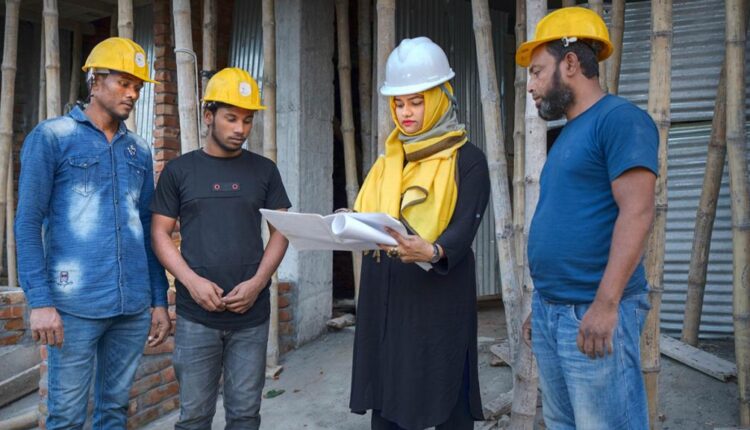Sound Project Design Backed by Analysis and Due Diligence Critical for Improving Outcomes: ADB’s Independent Evaluation Report
MANILA – The Asian Development Bank (ADB) today published its Annual Evaluation Review for 2023, which emphasized that sound project design, backed by adequate analysis and robust due diligence, is critical to the success of ADB’s sovereign, nonsovereign, and technical assistance operations.
The report, issued by the Independent Evaluation Department (IED) notes that performance of non-infrastructure projects, which had been declining from 2016 to 2018, has improved, led by the high success rates in education, finance, and health projects. The performance of sovereign operations in South Asia also improved from 2019 to 2021 due to better project performance in Bangladesh and India.
“Operations under the COVID-19 pandemic response option (CPRO) successfully provided liquidity to governments amid a severe economic crisis. ADB did so quickly, reducing its processing time, considering the urgent need of developing member countries (DMCs) for financial support,” said evaluation team leader P.V. Srinivasan.
For investment operations, supporting sustainability through better funding of operations and maintenance expenses and reducing implementation delays by taking advance actions in obtaining government clearances for land acquisition were some of the factors that contributed to improved project outcomes. “Strategic use of technical assistance to promote sector reforms, to help identify, design, and implement an appropriate sequence of reforms and to strengthen institutional capacity can also help improve results,” said IED Director General Emmanuel Jimenez.
Each year, the Annual Evaluation Review also synthesizes findings on a special theme. The latest report looks into ADB’s country engagement approaches and practices which were generally found to be effective in supporting DMC needs in line with ADB’s Strategy 2030.
The report finds room for improvement, particularly in midcourse correction through learning during the implementation of the country program strategy.
“The success of ADB’s country engagement depends on the responsiveness to changing DMC needs, the use of high-quality country diagnostics in the selection and prioritization of activities, and the use of differentiated approaches to members at different levels of development,” said evaluation co-leader Yurendra Basnett.


Comments are closed.